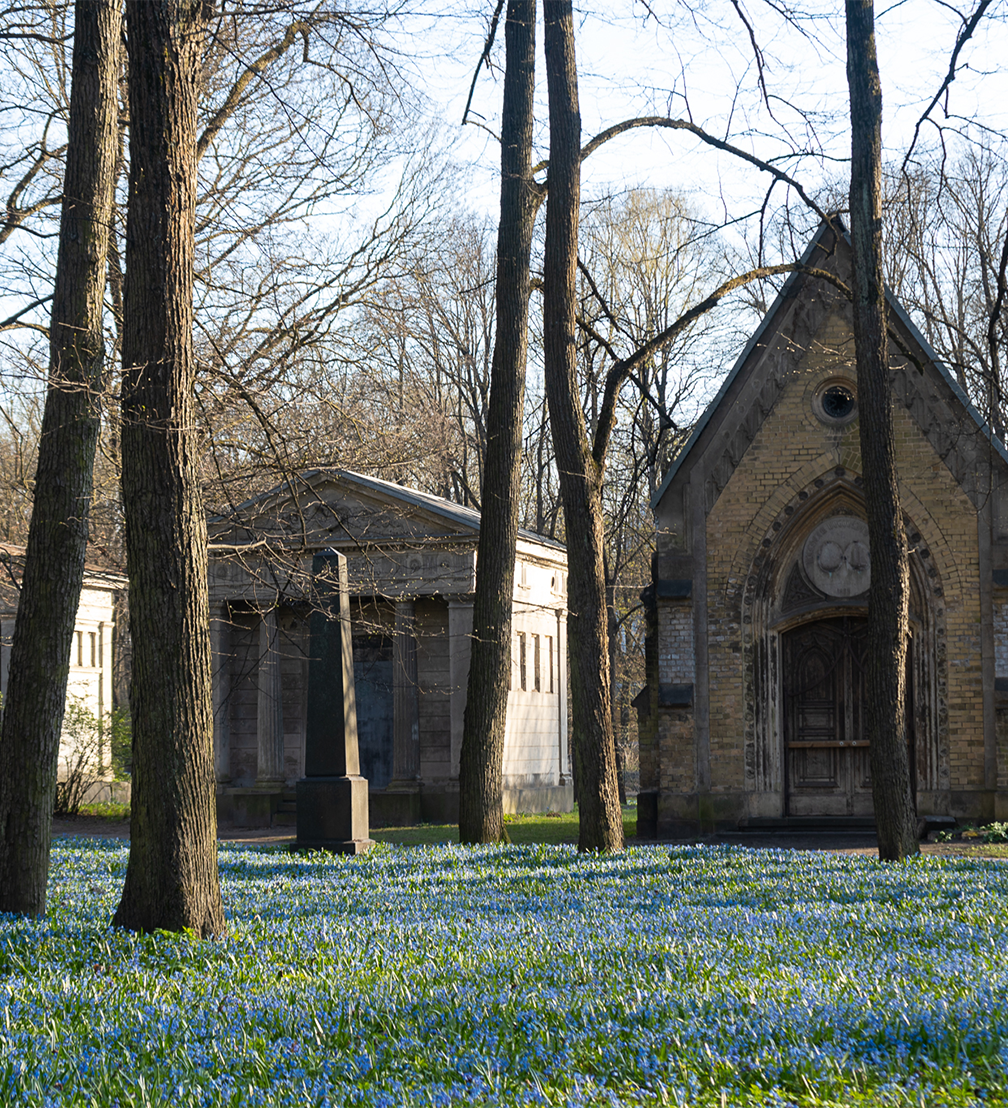
Riga Municipality has launched an international design competition to develop a vision for the preservation of the Great Cemetery memorial and the development of the site’s infrastructure that would preserve the cultural and natural values of the memorial while improving the quality and accessibility of the urban environment.
The international competition aims to gather creative ideas and proposals for how to respectfully preserve the burials, and other cultural, historical, and natural assets within the Great Cemetery memorial for future generations, how to implement conservation and sustainable development measures at the site, and how to use the potential of the existing green infrastructure as a biodiverse and unique European historic landscape. Another goal is to improve the quality of the urban environment and to make the Great Cemetery accessible to the guests and residents of Riga.
The main objectives of the competition are to produce a functional layout and zoning plan for the preservation and restoration of the existing cultural, historical, and natural assets of the Great Cemetery that is appropriate to its urban context, the arrangement of traffic flows, the parking solution, and accessibility. There are also plans to get a plan and design for the network of footpaths within the cemetery, a plan for the clean-up and maintenance of the green spaces, and a design for the outdoor facilities and navigation sign system.
«Riga’s Great Cemetery is a much revered necropolis, a remarkable collection of memories of the dead, of art, and of greenery, and is one of the many victims of the Soviet regime. This place where generations of people of Riga hoped to find peace was subjected to continuous demolition, destruction of graves and monuments. Various prior efforts aimed at restoring the Great Cemetery were sporadic, uncoordinated, unable to stop the decay and start a comprehensive restoration. We need a comprehensive, complex, and scientifically sound understanding of the state of the Great Cemetery and its long-term fate in the future. The competition is to make such an assessment and provide us with a concept and proposals with specific measures for the care and restoration of the burial sites, monuments, chapels, and greenery,» Imants Lancmanis, creator and founder of the Rundāle Palace Museum and public expert of the competition, said.
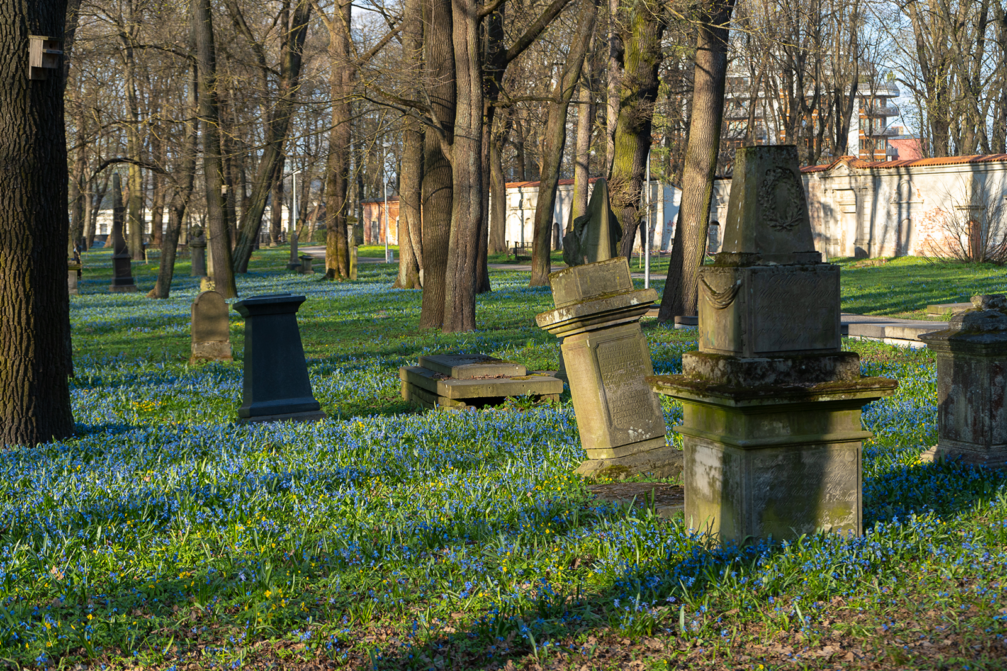
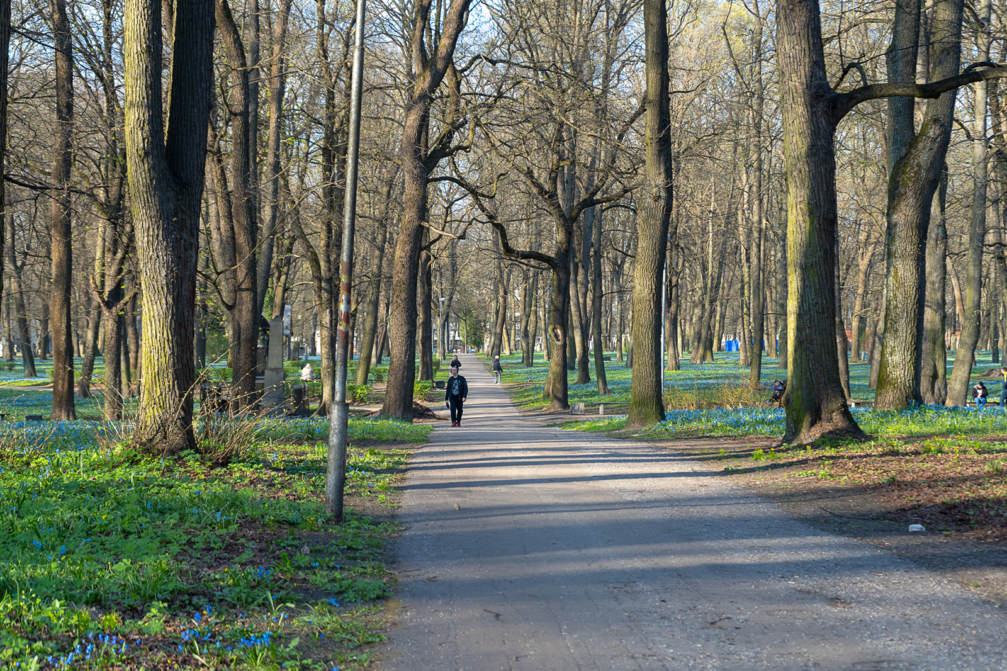
The total prize fund is 30 000 euros. The first prize will receive 15 000 euros, the second prize 10 000 euros, and the third prize 5000 euros. Entries must be submitted at Torņa iela 11 in Riga by 17:00. on April 5. Interested participants can visit the site on January 25, 2024, at 12:00. Registration for the site visit is open until January 23 at 17:00 by sending an email to lieliekapi@metukonkurss.lv.
The jury for the competition consists of ten members: chairman of the jury Gunārs Nāgels, head of Riga Monuments Agency; Juris Dambis, head of the National Cultural Heritage Administration; Viesturs Brūzis, architect, acting head of the Cultural Heritage Conservation Bureau of the Riga City Council Urban Development Department; Arnita Verza, landscape architect for the Riga City Architect Service of the Riga City Council Urban Development Department; Aigars Kušķis, architect, Riga City Council Urban Development Department expert for Riga Historic Centre UNESCO World Heritage management planning affairs; Ilze Rukšāne, landscape architect, representative of the Council’s Monuments Board, representative of the Latvian Association of Landscape Architects; Artūrs Lapiņš, architect, representative of the Latvian Association of Architects; Ligita Tomiņa, landscape architect at Rīgas meži; Tina Saaby, architect, planner, and community specialist from Denmark; Dace Kalvāne (non-voting secretary of the jury commission), certified architect and board member of the Latvian Association of Architects. The experts involved in the competition include Dr. art. h. c. Imants Lancmanis, author of the book Rīgas Lielie Kapi (Riga Great Cemetery) Juris Millers, Brasa Neighbourhood Association representative Laima Letiņa, Labie Koki management board expert Edgars Neilands, head of the Riga City Council Tangible Cultural Historic Heritage Commission Rita Našeniece, and head designer of Riga Evelīna Ozola.
For more information, rules, and competition materials, visit the competition website.
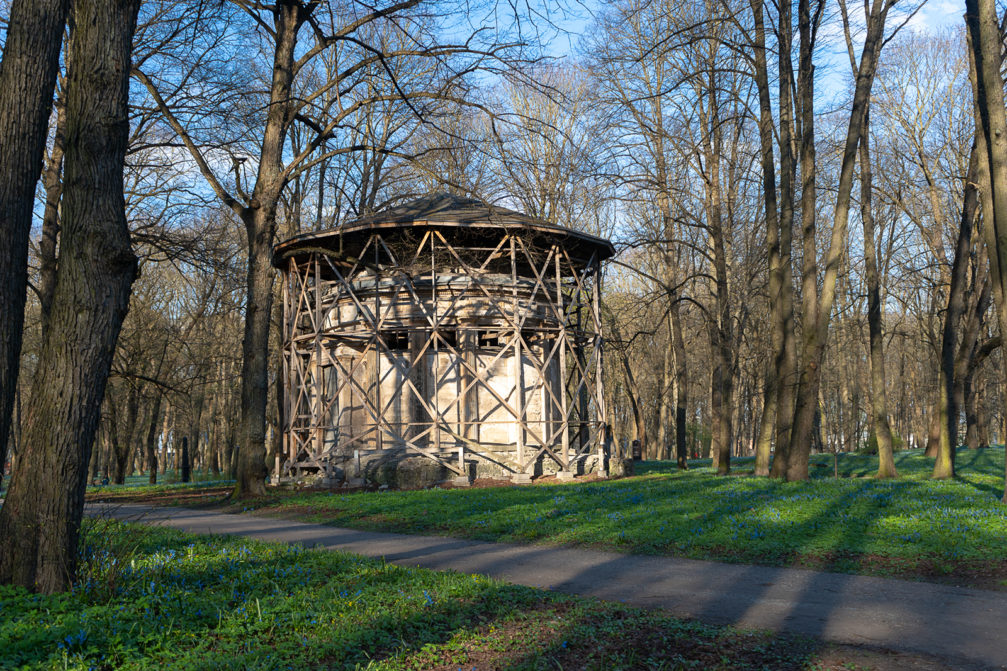
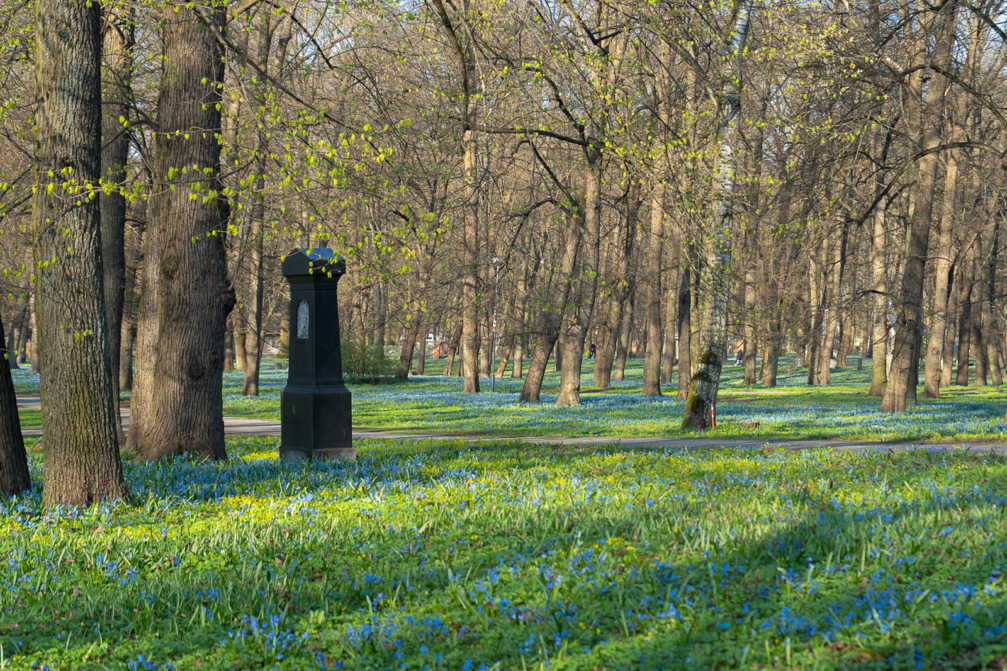
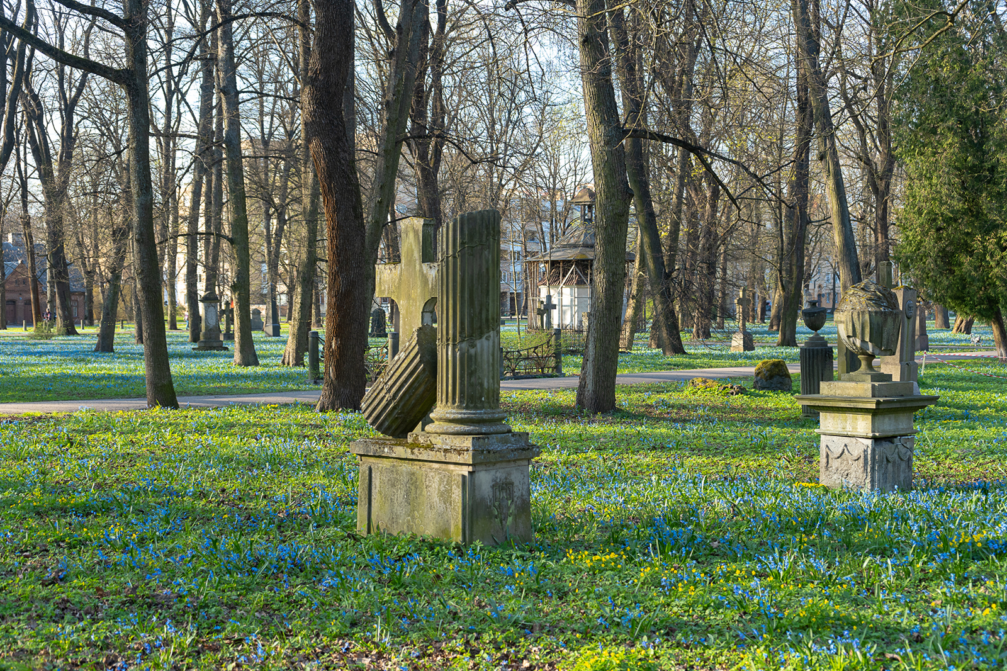
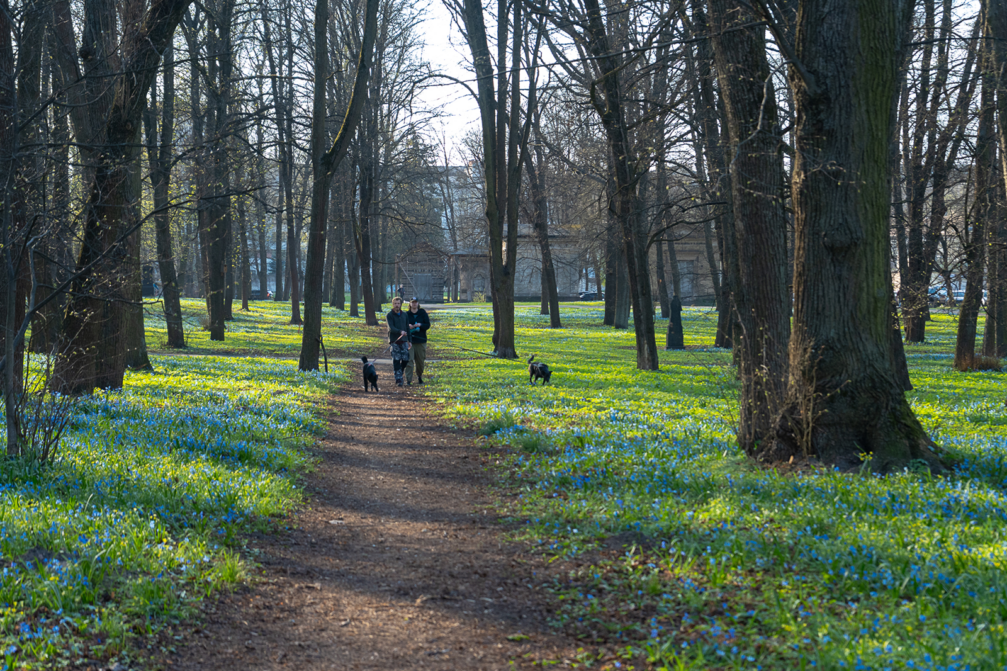
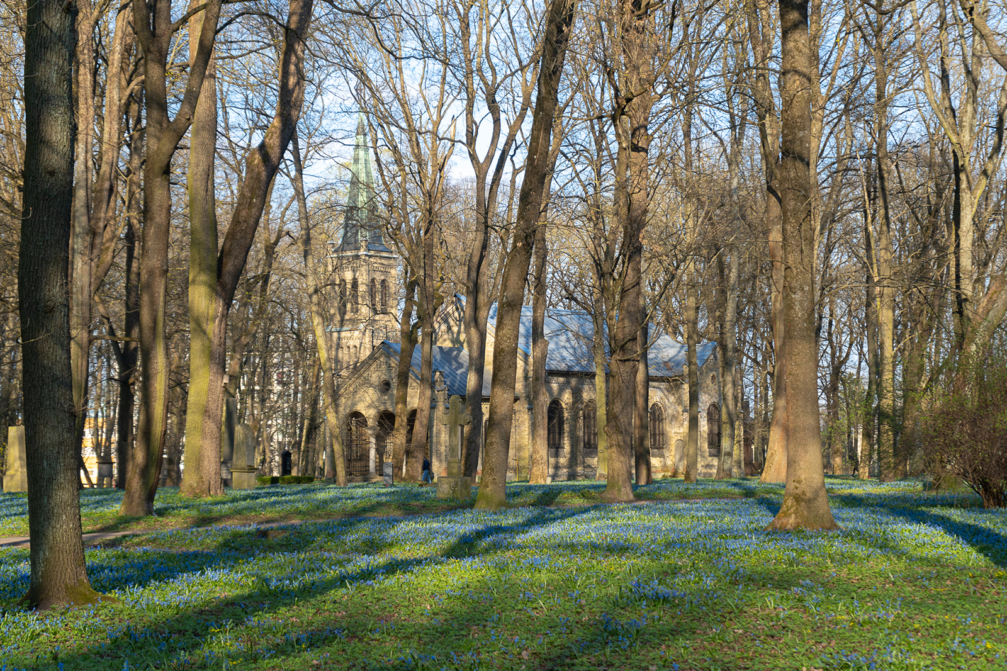
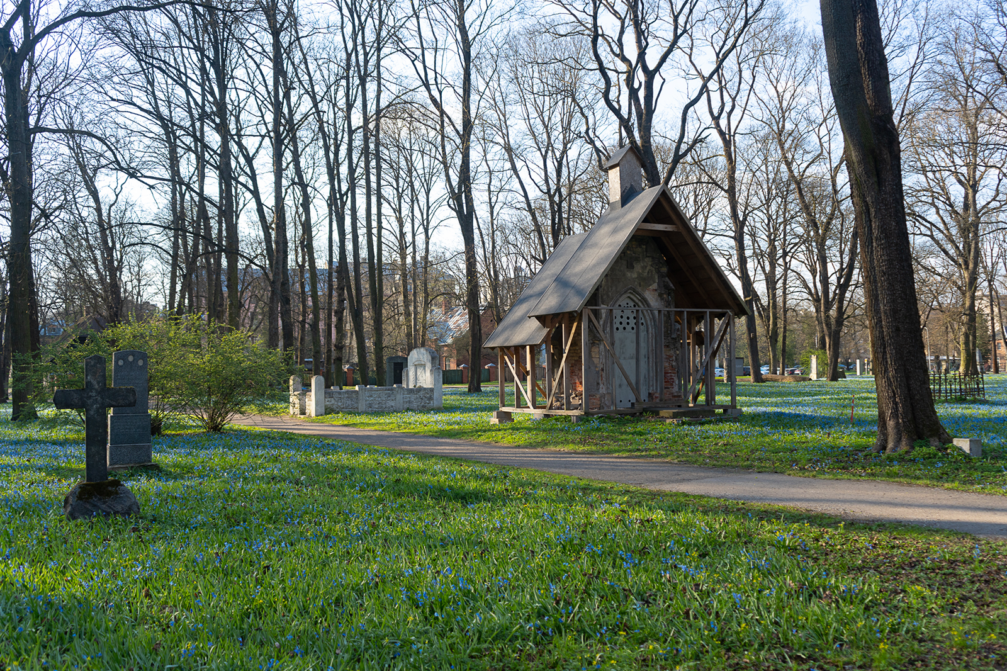
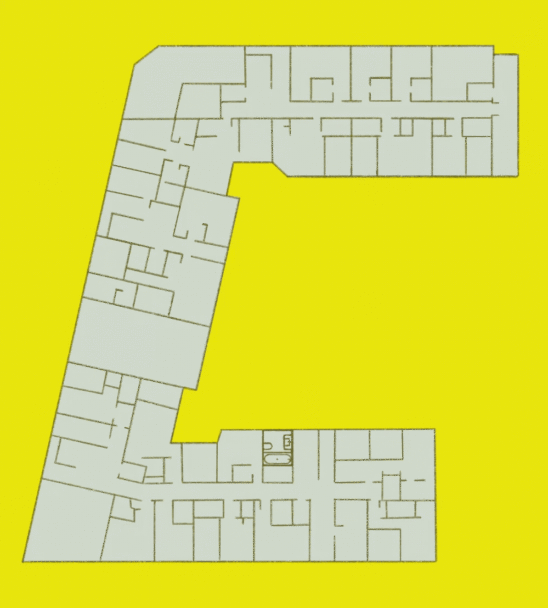
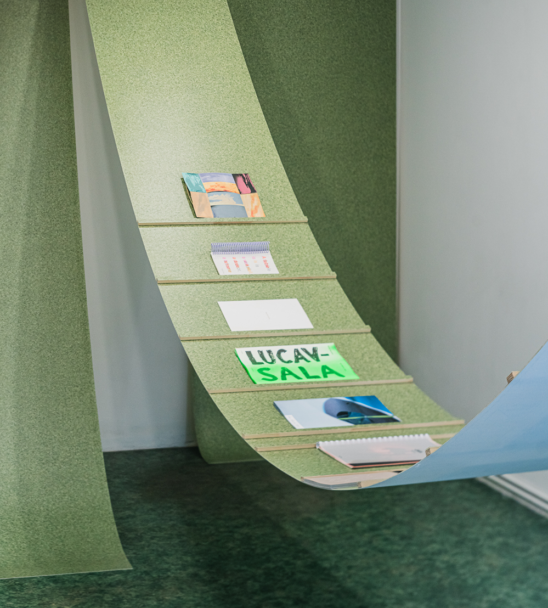
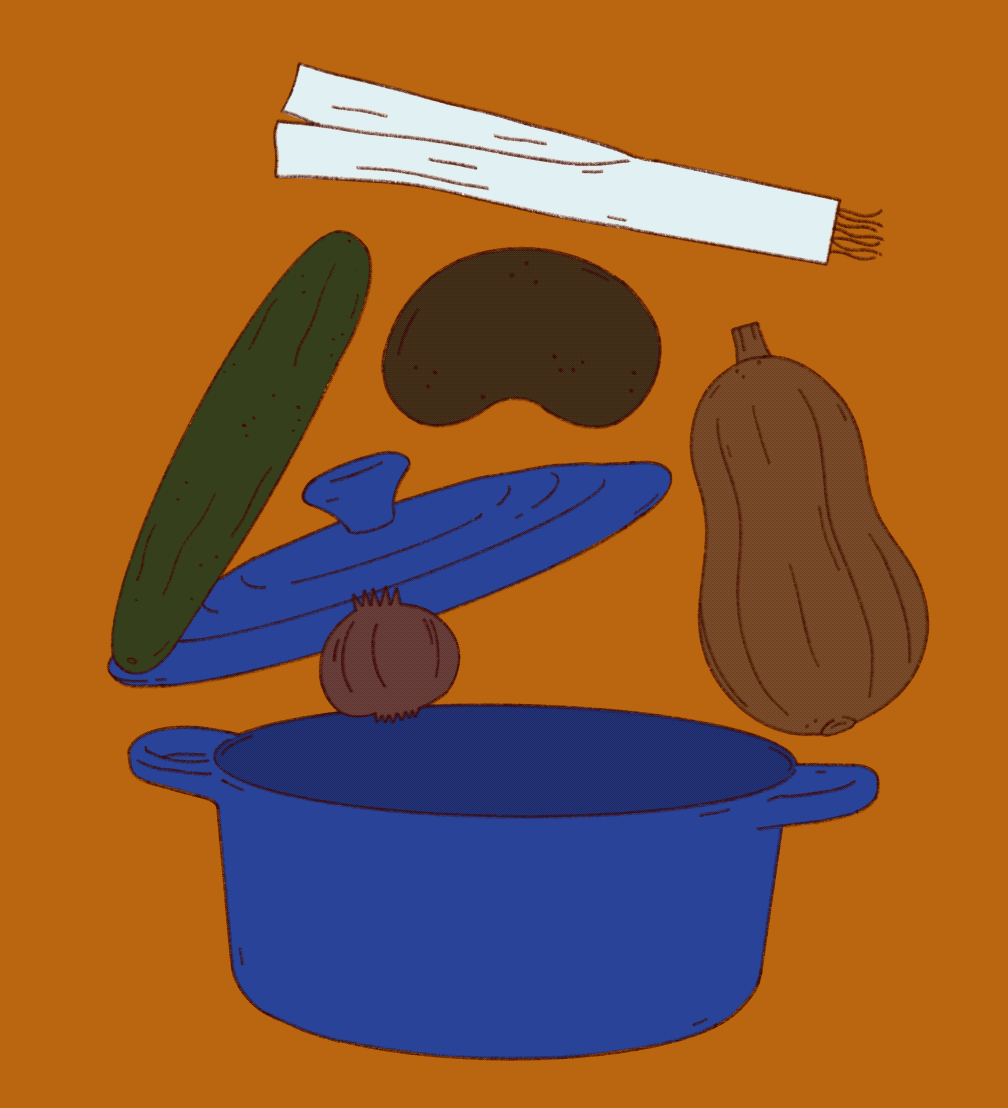
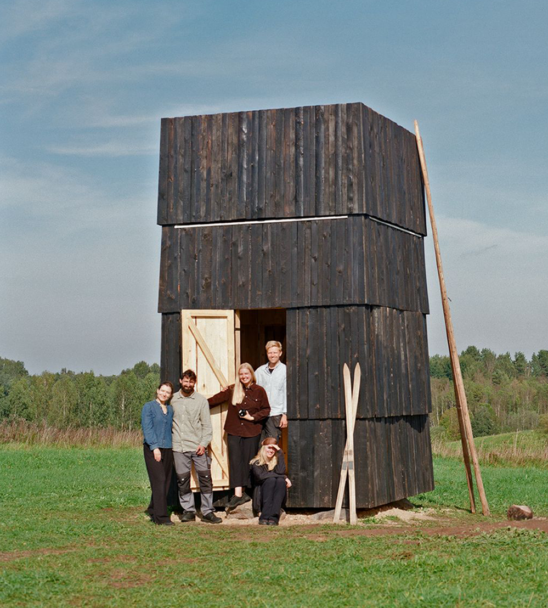
Viedokļi